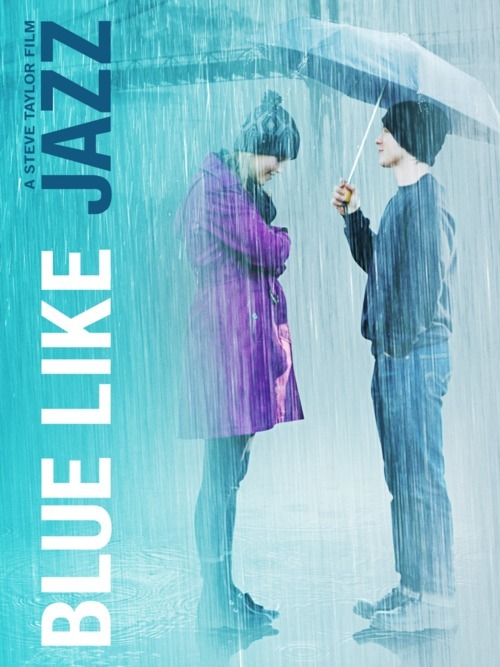A while back I was sent Decision Points by former President George W. Bush through WaterBrook Multnoma’s Blogging for Books program. As always I am not required to give a positive review but an honest one. I am disclosing this in accordance with the Federal Trade Commission’s 16 CFR, Part 255.
I know that as ordinary American citizens, we only get bits and pieces of the real stories happening in our world. I realize that our government cannot tell us “everything” as revealing too much information would allow too much vulnerability. I know that our various media outlets filters out details and includes others to sensationalize, sustain attention, occasionally inform and to sell commercial space.
I get all that which was why I was eager to read Decision Points because I thought we’d get more of the story. Now mind you, I’m not expecting a tell-all, nor am I expecting that anything “classified” would be revealed, I did think that I was going to get a little more than a summary of White House Secretary updates and deeper clarifications defending policies and decisions. I was looking for a little more of W’s soul in this book.
What I was looking for was what went into the decisions. What I got were some great stories, accessibility to President Bush’s personality, and helpful recaps of what was going on like in the Gulf War, but I was not satisfied in the sense where I said, “Ohh, that’s what was going on.” If anything, I was surprised by what we already knew …. hmmm …. maybe the media outlets are not that far off, I mean Decision Points affirms quite a bit.
Perhaps my expectations were unfair but here’s why I chose to agree to review it. I really did believe W was going to methodically narrate his thought process of the last 8 years. I expecting him to be a bit more divided, humbled, sobered. After reading it and after thinking about it, I know how naive that was but it’s what I thought going into it. I suppose this is this is the only type of book that can be published within a few years of leaving the White House.
It’s always fascinating reading the insider moments, like his conversations with world leaders like Putin. Of course, my eyes perked up anytime I saw a reference to Iraq and Afghanistan or 9-11. Halfway through the book I realized what I was getting was a walking tour in the exhibit of W’s Presidency. Nothing wrong with that, but I was expecting to enjoy something a little more personal.
I for one believe that history books will be kind to George W. By then, many of us will have forgotten the awful speech deliveries and the overall awkwardness. We’ll probably not remember Decision Points either though. Not saying that to be mean, just an honest thought. Instead, we will think of 9-11, fighting terrorism and the complications associated with that and who knows, in 20 years, maybe he’ll write the memoir 20 that I was looking for.
 Note: I have not been asked to review this book by a publisher or by the authors. Like all reviews, these are my sincere opinions.
Note: I have not been asked to review this book by a publisher or by the authors. Like all reviews, these are my sincere opinions. “God has entrusted power to His Image bearers.
“God has entrusted power to His Image bearers. This past weekend we celebrated our first child’s FOURTH birthday. I confess, I was a little moved when I buckled Nathan and his little brother, Dylan in the van so we could go to his birthday party at “Imajination” in Lawrence. It was such a great party with a lot of fun people as it was shared with our dear friend Chloe who turned two. Chloe’s parents and Susan and I are very close friends and sharing our kids’ birthday parties was a cool experience – we’re really grateful for that.
This past weekend we celebrated our first child’s FOURTH birthday. I confess, I was a little moved when I buckled Nathan and his little brother, Dylan in the van so we could go to his birthday party at “Imajination” in Lawrence. It was such a great party with a lot of fun people as it was shared with our dear friend Chloe who turned two. Chloe’s parents and Susan and I are very close friends and sharing our kids’ birthday parties was a cool experience – we’re really grateful for that. Our little Nathan is such a special kid. I know every parent says this but it’s true – that first kid is a turning point – everything changes. You know that going into it but Nathan was a little different for us because we adopted him with only 3 weeks notice. We got to be there for his birth, got to name him and bring him home. He may be adopted but I tell you, if you want to experience the genetics versus environment debate, adopt a baby. I swear he gets his sarcasm from me and his sweetness from Susan.
Our little Nathan is such a special kid. I know every parent says this but it’s true – that first kid is a turning point – everything changes. You know that going into it but Nathan was a little different for us because we adopted him with only 3 weeks notice. We got to be there for his birth, got to name him and bring him home. He may be adopted but I tell you, if you want to experience the genetics versus environment debate, adopt a baby. I swear he gets his sarcasm from me and his sweetness from Susan. In any case, I truly liked the characters of BLJ. I’ll admit my first impression of Marshall Allman playing a young Don Miller threw me off. He looked like a cross between a goofy-looking Sufjan Stevens and a hooded Portlandian version of Eminem from 8 Mile (the movie poster has him in this pose staring down Penny and I’m worried that he’s hiding a black eye about to try to battle her on the bridge). But I have to say Marshall did a fantastic job.
In any case, I truly liked the characters of BLJ. I’ll admit my first impression of Marshall Allman playing a young Don Miller threw me off. He looked like a cross between a goofy-looking Sufjan Stevens and a hooded Portlandian version of Eminem from 8 Mile (the movie poster has him in this pose staring down Penny and I’m worried that he’s hiding a black eye about to try to battle her on the bridge). But I have to say Marshall did a fantastic job. Last week I had the privilege of attending the
Last week I had the privilege of attending the  A few times a year, Time Magazine or Newsweek will feature Jesus on their cover and we’ll debate a sucky article full of twisted examples and typical rhetoric.
A few times a year, Time Magazine or Newsweek will feature Jesus on their cover and we’ll debate a sucky article full of twisted examples and typical rhetoric.




Recent Comments